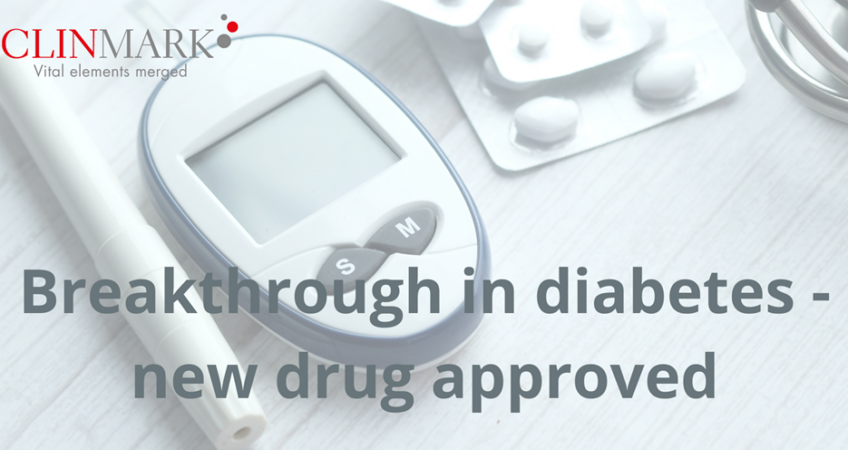Breakthrough in diabetes.

It is the first treatment for type 1 diabetes prevention to receive approval.
The US Food and Drug Administration (FDA) granted approval for the ground-breaking new medication Tzield on November 17, 2022. The combination of two medications in this injectable formulation may delay the onset of type 1 diabetes (T1D) in adults at stage 3 and in children aged eight years or older at stage 2.
T1D is a condition brought on by an autoimmune attack on the pancreatic cells that make insulin. The hormone or chemical known as insulin is secreted by the beta-cells found in the pancreatic islets of Langerhans in reaction to the sudden appearance of significant amounts of glucose in the blood.
Muscle cells and other cells that can use glucose are transferred from the bloodstream by insulin. During the procedure, glucose is sent to the liver where it is transformed into glycogen, the form that is stored in the body.
This is how the body accurately controls blood glucose levels, keeping them within relatively small ranges despite the consumption and absorption of foods heavy in carbohydrates, which are predicted to raise blood glucose to extremely high levels. Chronic hyperglycemia, an unusually high blood glucose level that affects the function of numerous organs and tissues, develops in those who lack insulin or sufficient supply.
Teplizumab, a monoclonal antibody from ProventionBio and Sanofi that will be sold under the trade name Tzield, is administered intravenously. The drug’s producer stated in an investor call on Friday that the therapy will cost around $194,000 for a whole course of treatment, although this is not anticipated to be the price consumers will pay.
It is believed to function by reducing the body’s unintended attack on its own cells that make insulin. Protecting these cells is intended to give people more time before they need insulin to control their disease.
Tzield postponed the onset of full-blown diabetes in clinical studies by little over two years. But for some study participants, the advantages persisted for a very long time.
One of them, Mikayla Olsten, underwent a diabetes screening after learning that her 9-year-old sister, Mia, had diabetes after experiencing a life-threatening episode of diabetic ketoacidosis. Mikayla was healthy and there was no family history of diabetes, but she had four of the five types of autoantibodies that medical professionals check for to determine a patient’s risk.
A person has a 75% chance of developing insulin-dependent symptomatic disease within five years if they have indicators for autoimmune disease and periods of uncontrolled blood sugar, according to a scientific statement by JDRF, the Endocrine Society, and the American Diabetes Association. Almost 100% of people will develop insulin-dependent diabetes throughout their lives.
Tzield is approved for use in persons with stage 2 type 1 diabetes who are 8 years of age or older. At that point, the patient’s blood can be tested for antibodies that target insulin-producing beta cells, their blood sugar levels are abnormal, but their body is still capable of making insulin.
A single 14-day round of infusions lasting 30 to 60 minutes each is the entire course of treatment. Low white blood cells and lymph cells, rash, and headache were the most frequently reported side effects among trial participants.Low white blood cells and lymph cells, rash, and headache were the most frequently reported side effects among trial participants.
Clinmark in its history conducted several clinical trials in diabetes and has helped pharma and biotech companies to enter markets with their products. We are also very proud that our CEO – Marek Wasiluk has extensive experience in consulting and audit conducting diabetes trials and sites. Our vision is to always help as much as we can in progress of medicine and medial products that can help mankind.Low white blood cells and lymph cells, rash, and headache were the most frequently reported side effects among trial participants.
